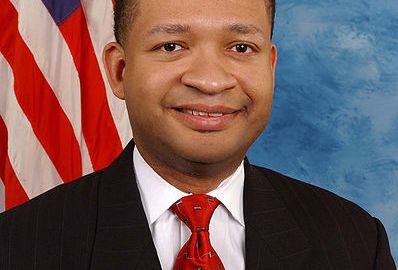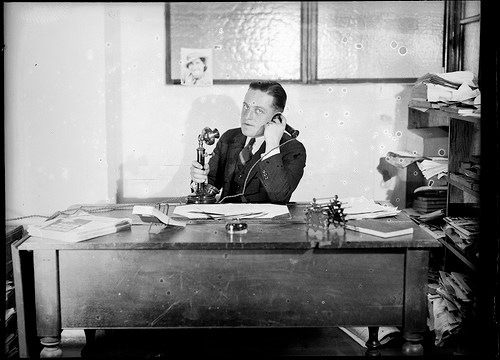Journalists Married To Flawed Political Narratives

I have finally stopped yelling at my computer screen this morning, after making the rounds at POLITICO, Talking Points Memo, and The New York Times. It seems that among the chattering class, a group which I am slowly becoming a member, only me and Ta-Nehisi Coates over at The Atlantic are willing to do more than whitewash the results of the Artur Davis campaign for governor of Alabama with the same old tired political chestnuts.
POLITICO’s article today, titled Short Obama coattails for black pols, was the biggest waste of electrons on the web today. It was this paragraph:
“The stunning defeat suffered by Rep. Artur Davis — one of the brightest stars in a new generation of talented black pols—in Tuesday’s Alabama Democratic gubernatorial primary marked the latest setback in an election year that is proving no better, and perhaps even worse, for African-American candidates who are attempting to ascend to high office.”
Short Obama coattails for black pols POLITICO
By the time I got to the words “stunning defeat” I was apoplectic. “Who wrote this article?” was the first thought I had as an image of the POLITICO roundtable flashed through my mind, an image that has caused much consternation among African American journalists who complain about the often myopic view of all-white editorial staffs.
This is why people put so little faith in journalists.
The narrative every national journalist and camera jockey on TV tonight will be pushing is that Obama is toxic to black candidates because this is “a referendum on his presidency”, a phrase that is one of the laziest excuses for actual analysis in modern political commentary. They will tell you why the black voters are not turning out this year, even though Davis’ opponent, Sparks, won so convincingly because he got most of the black vote in majority black districts.
There was nothing “stunning” if you were paying attention, about the Davis defeat. My African American friends from Alabama have talked about Artur Davis like he was a black Benedict Arnold all year.
If the profession was more diverse—in this case, not racially, but geographically any of POLITICO’s southern born and bred colleagues could have told them Artur Davis didn’t have a chance in hell to be governor without wasting money on a single poll.
There are not enough black people in Alabama, where Davis vied for the Democratic nomination, or Georgia, where Thurbert Baker has thrown his hat in the gubernatorial race, to elect any black politicians to statewide office by themselves. More importantly, there are not enough white voters who are willing to see beyond their own tribal identity long enough to suspend belief in the status quo in order to actually see whether or not these candidates have any merit, not without a gargantuan effort to re-educate them.
Paying the same political consultants who have been advising candidates since the 60’s, 70’s and 80’s to recycle the same old campaign strategies wouldn’t have gotten Obama elected president. So why didn’t Davis, facing long odds and entrenched racial bias against African Americans holding positions of power, do what Obama did and change the game? Baker, who is doing the same thing Davis did—pay consultants, do the traditional dog-and-pony, and lean on endorsements from icons of yesteryear—is practically guaranteed to have the same result. That is the question a real journalist who is looking to compare apples to apples would ask.
What a real journalist ought to do is look at the unique method by which the Obama campaign attacked the traditional weaknesses any African American candidate faces not only in the south but in any statewide election, and contrast it with the “business as usual” campaign strategies that Davis and Thurbert Baker are running. Black candidates who are not willing to broaden their inner circles, greatly expand their volunteer bases, and do non-sexy stuff like registering new voters don’t have a chance in hell to win down here.
Many of the Obama campaign volunteers have been looking for something similar to do ever since the presidential election. No black politician in the country has revamped the way they run a campaign from the ground up yet to take advantage of the most networked, most decentralized, most activity oriented group of people in the country.
To his credit, Charles Mahtesian, the author of Short Obama coattails for black pols, did include these facts. But no one seems to want to properly credit the superior level of organization, discipline, and planning that catapulted a relatively unknown senator to the White House. It is as if there is refusal to put two and two together. Why not simply write “black candidates who aspire to statewide office would do well to follow the Obama model?” Why not write “black candidates should plan their state campaigns as if they are running for president?”
I guess that’s why I’m writing it today.





